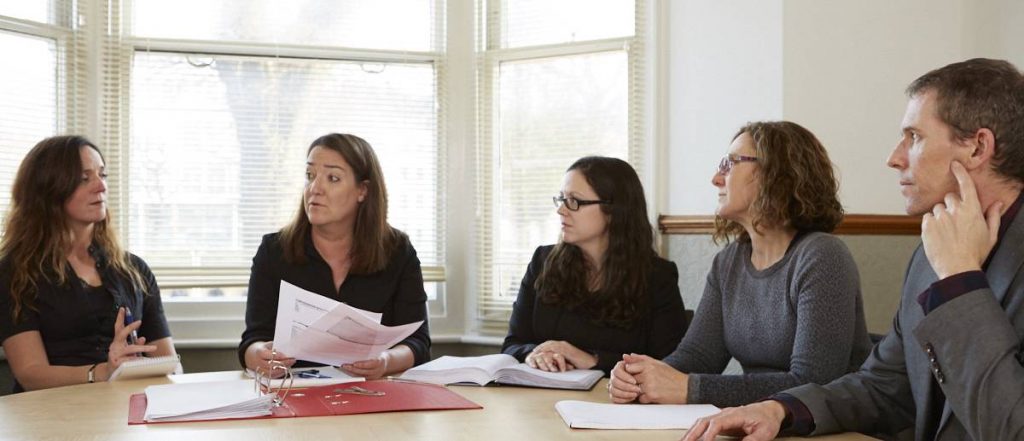Direct Payments and the Coronavirus Crisis
The coronavirus pandemic has caused a huge crisis for those caring for vulnerable relatives. Paid carers have been unable to attend work, either due to their own or family illness, the need for self-isolation, or because of a lack of essential personal protective equipment (“PPE”). Consequently, family members living in the same household have had to take over responsibility for providing the necessary care to their parent or child who has support needs.
Under existing law and guidance, Health and Social Services refuse to allow Direct Payments to be paid to family members living in the same household as the cared for person, unless there are “exceptional circumstances”.
Fortunately, while the Coronavirus Act 2020 suspends many key Care Act duties, the ‘exceptional circumstances’ provision relating to paying family members to meet care has not been repealed.
Direct Payments and the Law
For an adult aged 18 or over who receives Direct Payments from Social Services, the rules around Direct Payments can be found in the Care Act 2014 and the Care and Support (Direct Payments) Regulations 2014. This allows the Local Authority (LA) to make a decision that employing a live in relative is necessary. The Care Act wellbeing principle is also important in such cases.
For disabled children, the relevant regulatory legislation can be found in The Community Care, Services for Carers and Children’s Services (Direct Payments) (England) Regulations 2009.
Direct Payments can be used to secure services from family members, including parents, where the LA is ‘satisfied that securing the service from such a person is ‘necessary…for promoting the welfare of the child in respect of whom the service is needed.’
Disabled adults or children who have the benefit of NHS Personal Budget Direct Payments via the Clinical Commissioning Group (CCG) can pay a household member or a friend if there are ‘exceptional circumstances’. The CCG needs to be satisfied that is necessary to secure a service from that person in order to satisfactorily meet the cared for person’s needs, or to promote the welfare of a child for whom Direct Payments are being made.
Public Law decisions during the Coronavirus Crisis
Health and Social Services will need to make judgements on Direct Payments on a case by case basis. It is hard to envisage how either public body could reasonably conclude that it is not necessary for care to be provided by close family members in the same household to fill the gaps in the usual package of care.
Actions Professional Deputies and their Clients should take
Professional Deputies or their clients should write to the Local Authority or the CCG explaining that their regular carers are not available for work and asking for agreement to use Direct Payments to employ live in family members who have, in effect , become Coronavirus Carers.
Our Community Care Law team are confident that where Direct Payments are in place for adults and children, whether via Social Care or NHS Personal Health Budgets, it would be unreasonable for these public bodies to refuse to pay a live in family member carer during the Coronavirus Crisis.
If the public body decline the request, or do not respond, our experienced Community Care Law team can help by challenging Health or Social Services on public law grounds.
If you need help or assistance please contact the Community Care Law team on 01273 609911, or email deputyservices@ms-solicitors.co.uk.



